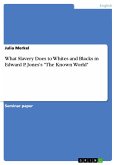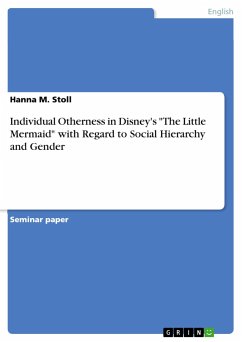Why do people go to war? To test themselves, to prove themselves, to hurt themselves, to hurt others. And what happens when they come home? According to Tim O'Brien, the award-winning, Vietnam-veteran storyteller, they are fundamentally and irredeemably changed. Tim O'Brien makes the argument that war is very much like ordinary life. There are moments of greatness and moments of cowardice. There are moments of success and failure, trust and betrayal, celebration and regret, victory and defeat. O'Brien depicts the true cost of war. At the end of the day, there is healing, but so often too, there is irreparable damage. All of this can be found in the novels and stories of Tim O'Brien. Rotating Back to the World is an examination and re-evaluation of the work of Tim O'Brien and his so-called "war stories." By drawing upon a number of artistic, psychological, and real-world phenomena, James McKenzie investigates the intersections between O'Brien's subtle and complex narrativizations of the Vietnam War and current trauma theory. Through a close analysis of O'Brien's four "Vietnam war novels", McKenzie examines how O'Brien successfully navigates the writerly pitfalls of representing trauma without betraying the manifold and incommensurable nature of individual traumatic experience. In particular, McKenzie pays attention to O'Brien's ludic art of storytelling and his increasing use of narratological experimentation and metafictional commentary. McKenzie examines these literary practices in order to consider how they are deployed as an artistic means of representing the full range of combat experience and its traumatic aftermath. This study also explores O'Brien's own paradoxical relationship with his readers, manifested through a depiction of the seemingly insurmountable challenge of expressing the "inexpressible". Finally, McKenzie returns to the main idea that in the desire to both relate and understand traumatic experience, as O'Brien concludes, "stories can save us." James McKenzie is a former infantry soldier and now senior lecturer in Anglophone Literature at the University of Hildesheim.
Bitte wählen Sie Ihr Anliegen aus.
Rechnungen
Retourenschein anfordern
Bestellstatus
Storno








